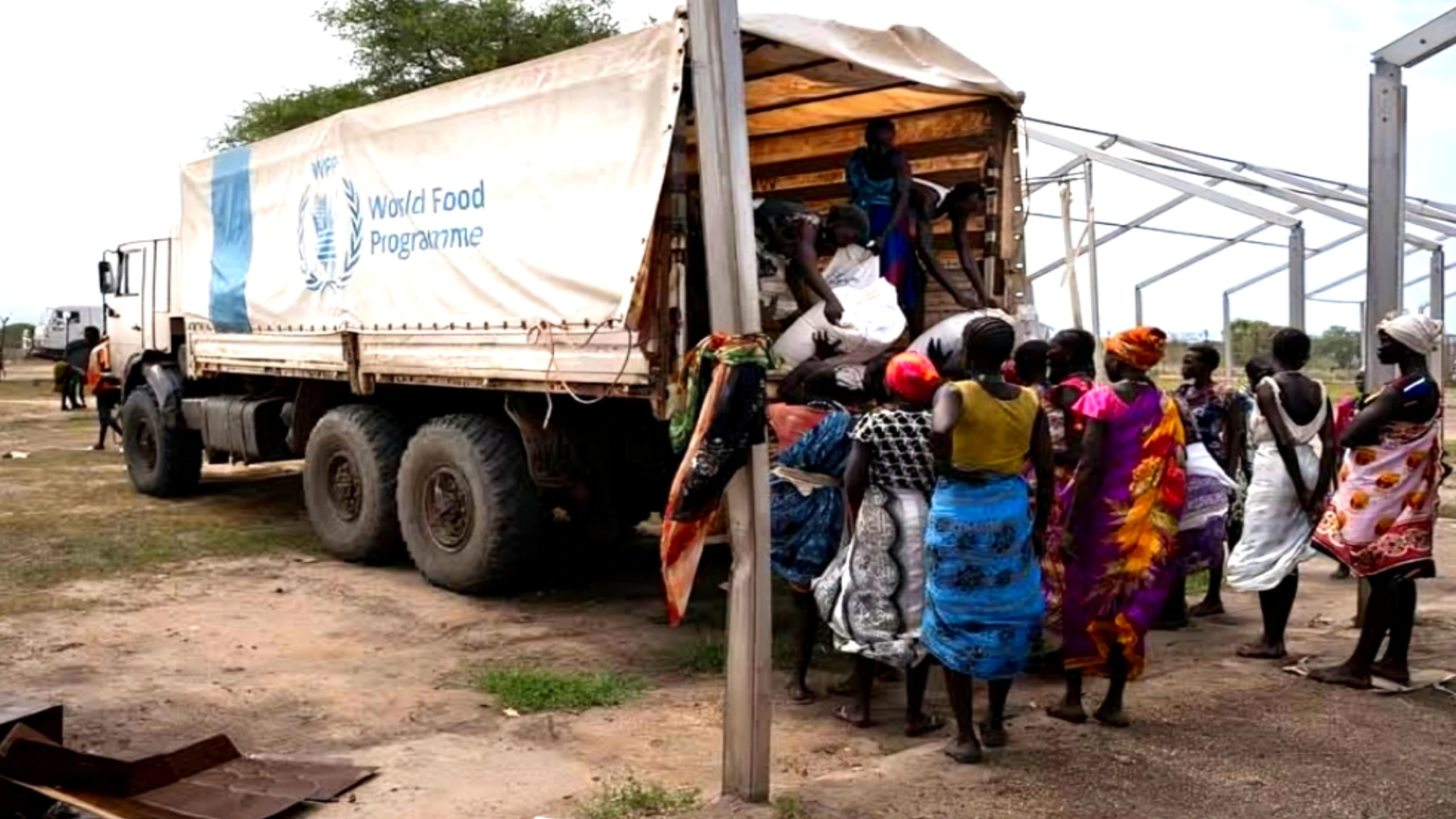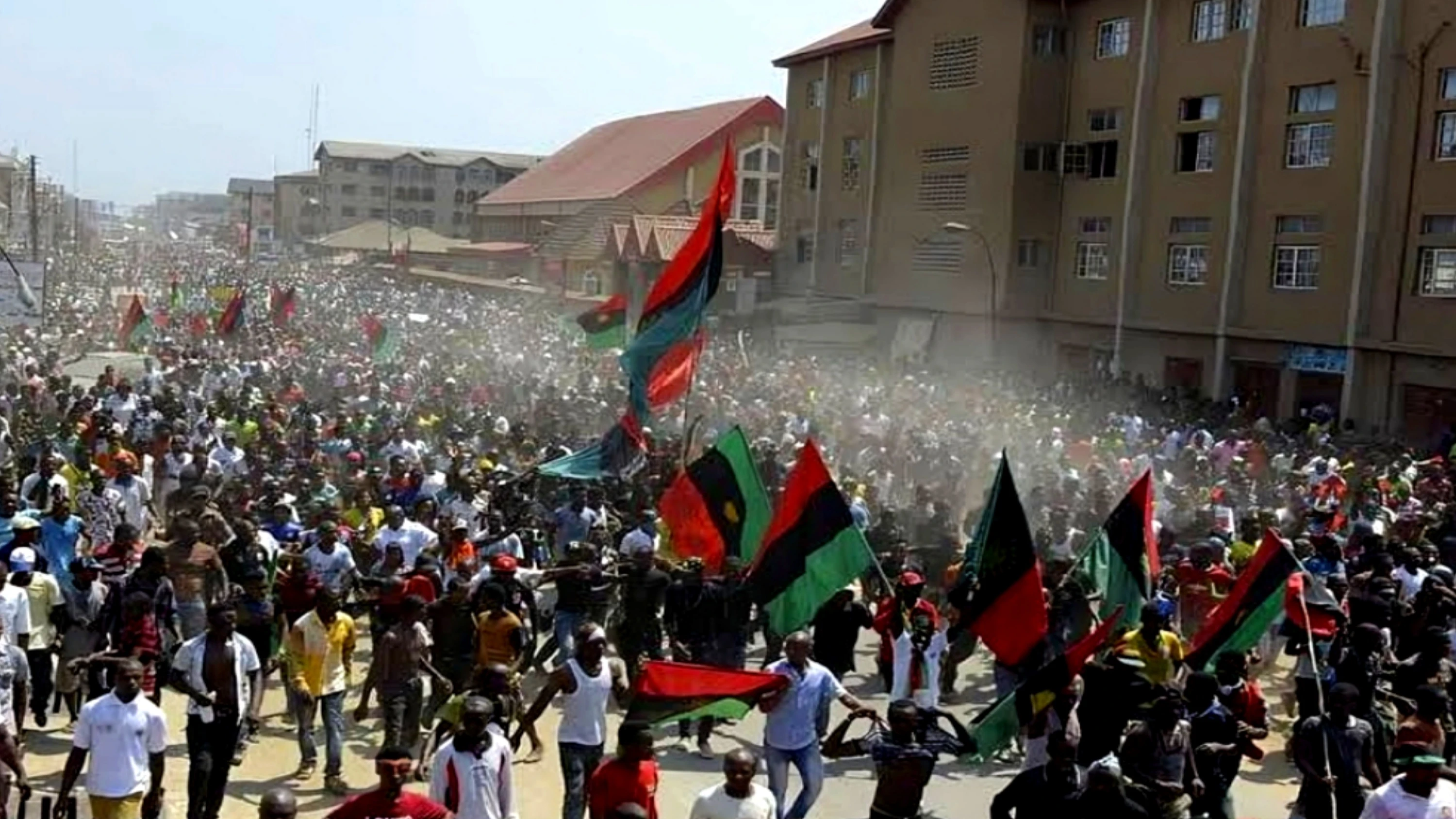Port-au-Prince: Thousands of families in Haiti’s Centre and Artibonite Departments are facing a dire humanitarian crisis as violent gangs continue their relentless expansion beyond the capital, Port-au-Prince.
The United Nations estimates that approximately 64,000 people have been forced from their homes in recent months due to escalating violence in these regions.
The crisis has left many families struggling to survive in precarious conditions, relying on dwindling humanitarian aid that is increasingly difficult to deliver due to regional insecurity. In Boucan-Carré, Christiana and her family have experienced the traumatic impact of this violence firsthand. Fleeing their home to escape gang threats, they found themselves cut off from critical medical treatments for Christiana’s daughter, Leineda.
"Sometimes, we suffer from silent illnesses that destroy us from the inside," Christiana shared, reflecting on the pain of seeing her daughter’s health deteriorate amid the chaos.
According to the UN World Food Programme (WFP), armed gangs now control approximately 85% of Port-au-Prince, with their influence spreading rapidly into neighboring areas. Recent attacks have resulted in the deaths of dozens of civilians and widespread destruction, including the tragic incident in Mirebalais in March, where at least 15 people were killed, and a jailbreak allowed 515 inmates to escape.
The violence has forced tens of thousands of Haitians to abandon their homes, seeking refuge in increasingly crowded and under-resourced areas. For displaced mothers like Danise, the struggle to provide for their children has become a daily ordeal. "I barely have anything to give them," Danise said. "I always have to wait for food distributions to feed them...I just want to go home."
Humanitarian agencies, including UNICEF and WFP, are working with local partners to provide lifesaving support, but funding shortages and security challenges have severely hindered their efforts. UNICEF has been able to reach 8,500 people in the Centre Department with essential services, including mobile clinics, while WFP has provided food assistance to over 13,100 displaced individuals.
WFP’s Haiti Director, Wanja Kaaria, emphasized the critical need for additional funding to sustain these efforts. "WFP food assistance offers dignity for families now living with little hope. However, funding constraints are impeding us from responding at scale," she said.
WFP has estimated that it will need $72.4 million over the next year, while UNICEF requires $1.2 million over the next six months to continue supporting displaced communities in Haiti.
Despite the challenges, there are small moments of hope. Recently, Leineda began receiving treatment for malnutrition at the Boucan-Carré site, bringing some relief to her family. "I feel happy today because before, we didn’t have any doctors to examine us or understand our pain," Christiana said, expressing her gratitude for the medical support.
As the crisis deepens, humanitarian organizations continue to call for increased international support to address the urgent needs of displaced Haitians. "This is the moment to step up. The future of Haiti depends on the actions we take today," Kaaria urged.








